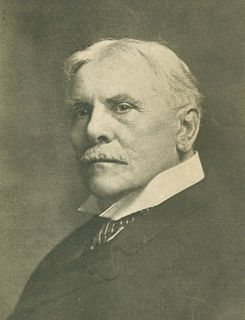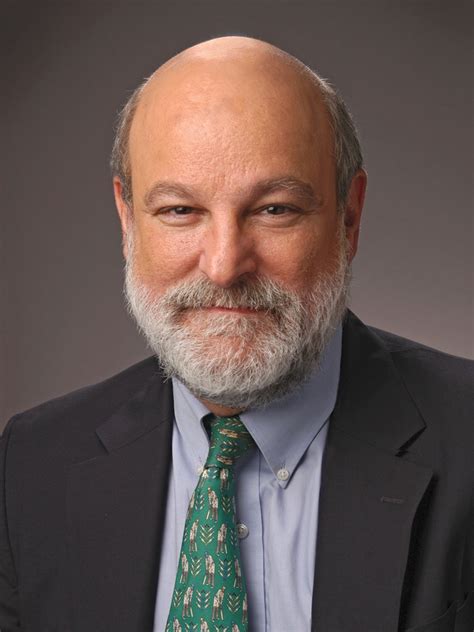A Quote by C. I. Scofield
The Word of truth teaches in the clearest and most positive terms that all of the dead will be raised. No doctrine of the faith rests upon a more literal and emphatic body of Scripture authority than this, nor is any more vital to Christianity.
Related Quotes
It is scripture alone, not conservative Evangelical tradition or any other human authority, that must function as the normative authority for the definition of what we should believe. The authority of the scripture means that all the words in scripture are God's words in such a way that to disbelieve or disobey any word of scripture is to disbelieve or disobey God.
Our idealists must own that their velleity to abolish all suffering is most fully expressed in the Fifth Wisdom of Lamaism, the doctrine that teaches that "no durable happiness, nor yet security, for any sentient being can exist while others are a prey to suffering." That truth cannot be questioned and you may take it to heart: in practical terms it means we got ourselves born on the wrong planet - in the wrong universe.
No more soul-destroying doctrine could well be devised than the doctrine that sinners can regenerate themselves, and repent and believe just when they please...As it is a truth both of Scripture and of experience that the unrenewed man can do nothing of himself to secure his salvation, it is essential that he should be brought to practical conviction of that truth. When thus convinced, and not before, he seeks help from the only source whence it can be obtained.
It is certain that the truth of the Christian faith becomes more evident the more the faith itself is known. Therefore, the doctrine should not only be in Latin but also in the common tongue, and as the faith of the Church is contained in the Scriptures, the more these are known in the true sense, the better.
It is important for the apologist who desires to be obedient to the Word of God in defending the faith to pay special attention to the fact that throughout Scripture, God's veracity is not defended, but accepted from the outset on His authority. Unless we have more wisdom than that contained in the revelation of God, we should take the same attitude.
The Bible is not a book like any other. It makes a claim that God spoke and speaks through its message. It argues that as his creatures, we are accountable to him for what he has revealed. The trustworthiness of Scripture points to its authority as well. Scripture is far more than a history book, as good and trustworthy as that history is. It is a book that calls us to examine our lives and relationship to God. Beyond the fascinating history, it contains vital and life-transforming truths about God and us.
As for Christianity's alleged concern with truth, Christian faith is to free inquiry what the Mafia is to free enterprise. Christianity may be represented as a competitor in the realm of ideas to be considered on the basis of its merits, but this is mere disguise. Like the Mafia, if Christianity fails to defeat its competition by legitimate means (which is a forgone conclusion), it resorts to strong-arm tactics. Have faith or be damned - this biblical doctrine alone is enough to exclude Christianity from the domain of reason.
I believe that in a certain way this is proof of the truth of Christianity: Heart and reason encounter one another, beauty and truth converge, and the more that we ourselves succeed in living in the beauty of truth, the more that faith will be able to return to being creative in our time too, and to express itself in a convincing form of art.
No men deserve the title of infidels so little as those to whom it has been usually applied; let any of those who renounce Christianity, write fairly down in a book all the absurdities that they believe instead of it, and they will find that it requires more faith to reject Christianity than to embrace it.
The notion of the enduring authority focuses on the fact that some people think that notions like authority of Scripture's is passé, while others say that the present configuration of the doctrine of inerrancy is a late addition. And to both we want to say, No we're talking about the enduring authority of Scripture, grounded first and foremost in its relevatory status, something given by God and utterly reliable.
The Bible is not considered an accurate, absolute, authoritative, or authoritarian source but a book to be experienced and one experience can be as valid as any other can. Experience, dialogue, feelings, and conversations are equated with Scripture while certitude, authority, and doctrine are to be eschewed! No doctrines are to be absolute and truth or doctrine must be considered only with personal experiences, traditions, historical leaders, etc. The Bible is not an answer book.





































